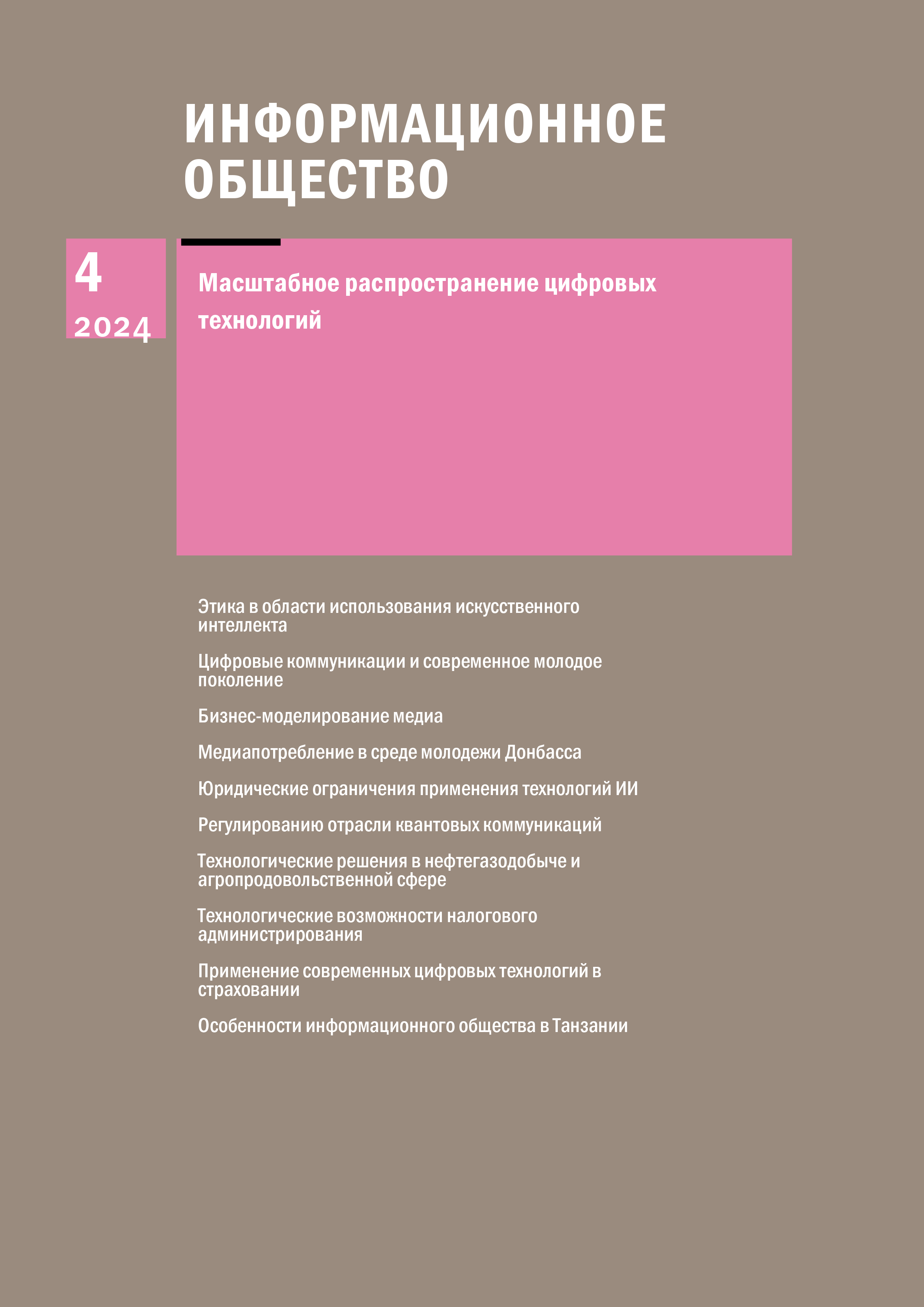ML-driven agent-based simulation of agri-food supply chain
Keywords:
digital technologies, agent-based modeling, transformer-based neural operator, deep time- index models, forecasting, machine learning, software and analytical complex, supply chains, food securityAbstract
The paper presents the joint use of machine learning methods and agent-based modeling for analysis and scenario forecasts to reduce the impact of trade flow destabilization on food security in Russia in increasing sanctions pressure. The authors propose a conceptual scheme of a software and analytical complex for forecasting indicators of agri-food supply chains. The obtained results can form the basis of a socio-economic multi-agent model for ensuring food security. Using the proposed approach in the situation centers can help counter external threats and ensure Russia's national security.
Published
How to Cite
Issue
Section
Copyright (c) 2024 Юлия Сергеевна Отмахова, Дмитрий Алексеевич Девяткин

This work is licensed under a Creative Commons Attribution-NonCommercial-ShareAlike 4.0 International License.
